Police and Crime Commissioner’s Roles and Responsibilities
The Police and Crime Commissioner (PCC) aims to be the people’s voice in policing.
He is responsible for holding the Chief Constable to account for how he discharges his functions.
The aim of all PCCs is to ensure the delivery of an effective and efficient police service in their force area.
PCCs are responsible for ‘the totality of policing’ – i.e. all policing and not just parts of it)
However, they “must not fetter the operational independence of the police force and the Chief Constable who leads it.”
By law under the Police Reform and Social Responsibility Act 2011), PCCs have to do certain things including:
- Securing an efficient and effective police force for their area;
- Appointing the Chief Constable – and hold him to account for running the force. If necessary, the PCC can dismiss the Chief Constable;
- Setting police and crime objectives for their area through the police and crime plan;
- Setting the force budget and determine the precept – i.e. the levy on the council tax bill that will go toward policing;
- Holding the Chief Constable to account for how the force contributes to the national and international policing capabilities set out by the Home Secretary; and
- Bringing together community safety and criminal justice partners – i.e. other organisations and agencies), to make sure local priorities are joined up
The Office of the Police and Crime Commissioner (OPCC) supports the PCC in his work.
Staff help the PCC draw up and deliver the Police and Crime Plan in consultation with Cleveland Police, local agencies, residents and community groups
Additional Duties
The PCC is responsible for a range of commissioned services and grants available for community safety projects.
In addition, the PCC represents his office – and the people of Cleveland – on a number of local, regional and national bodies.
